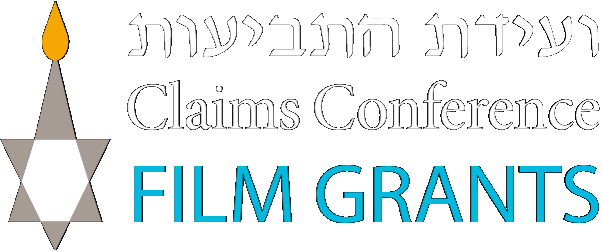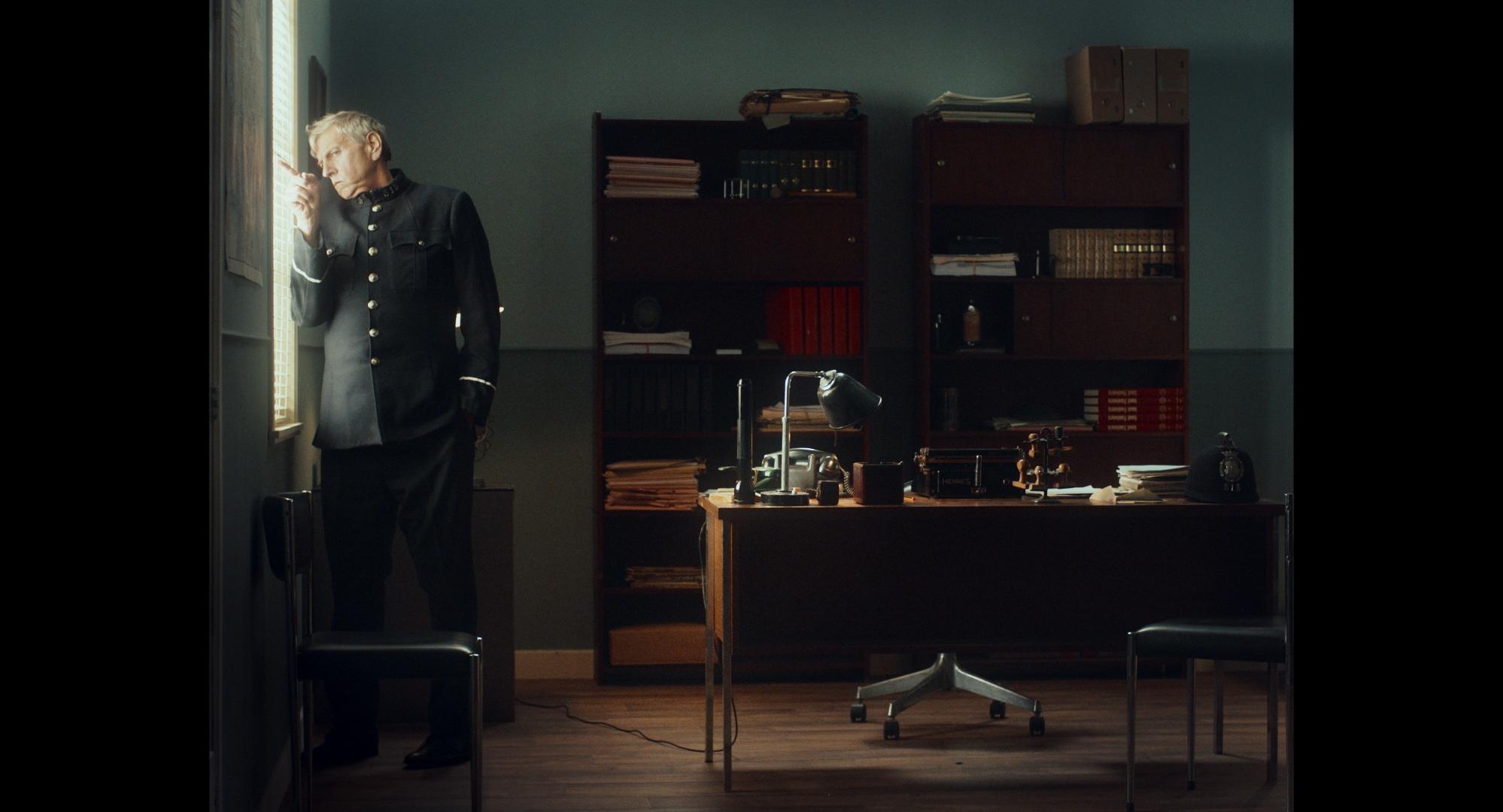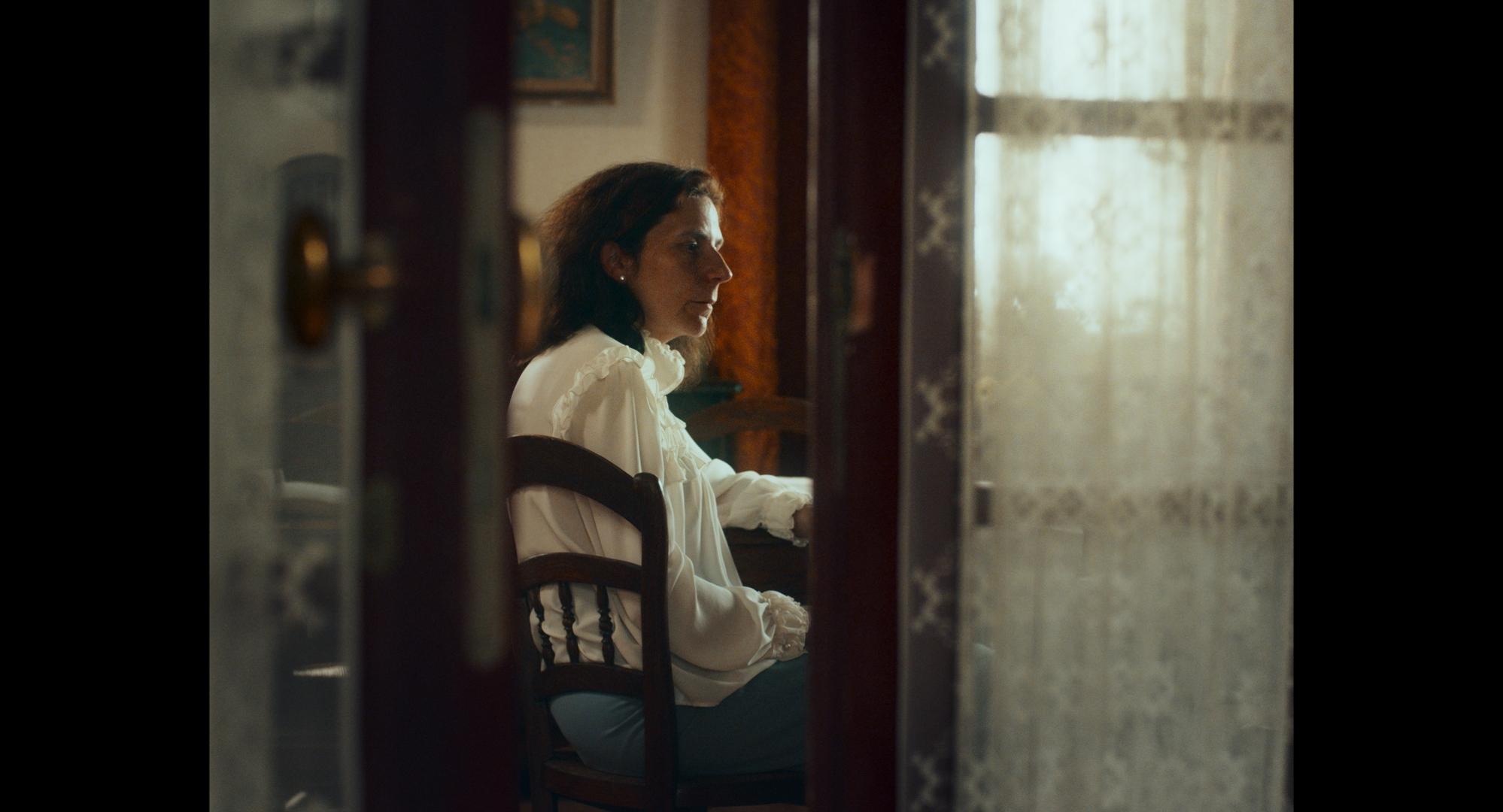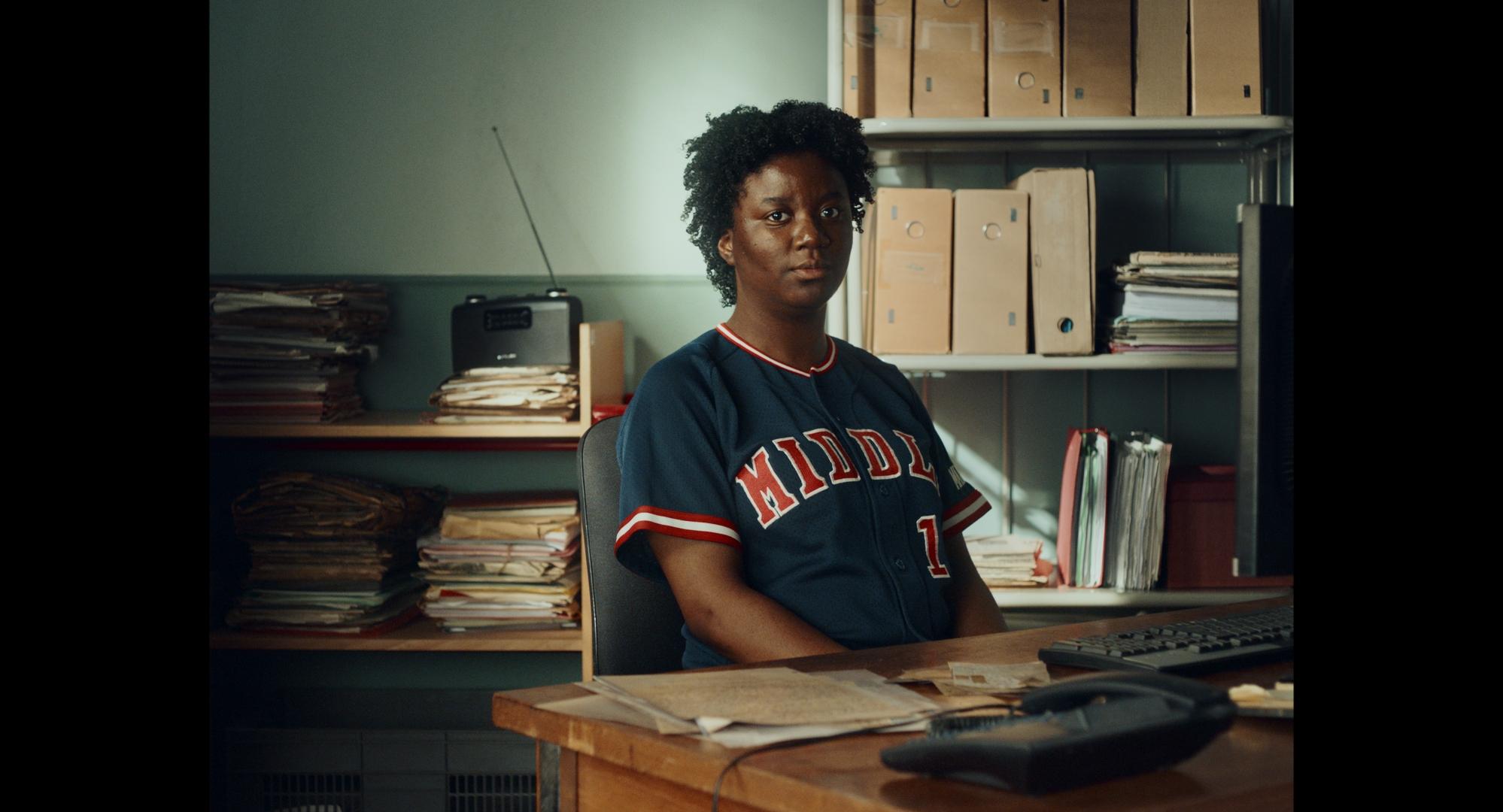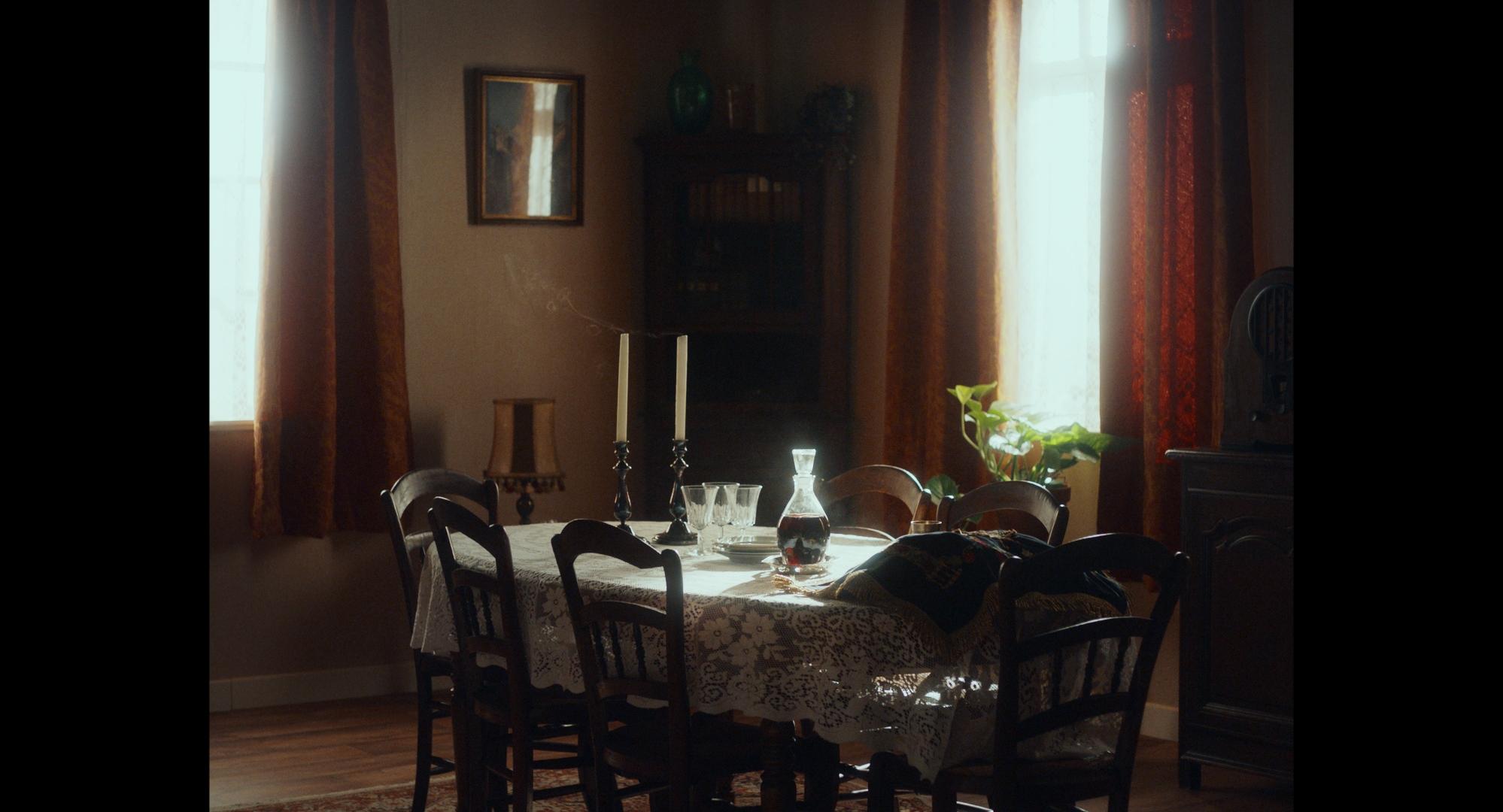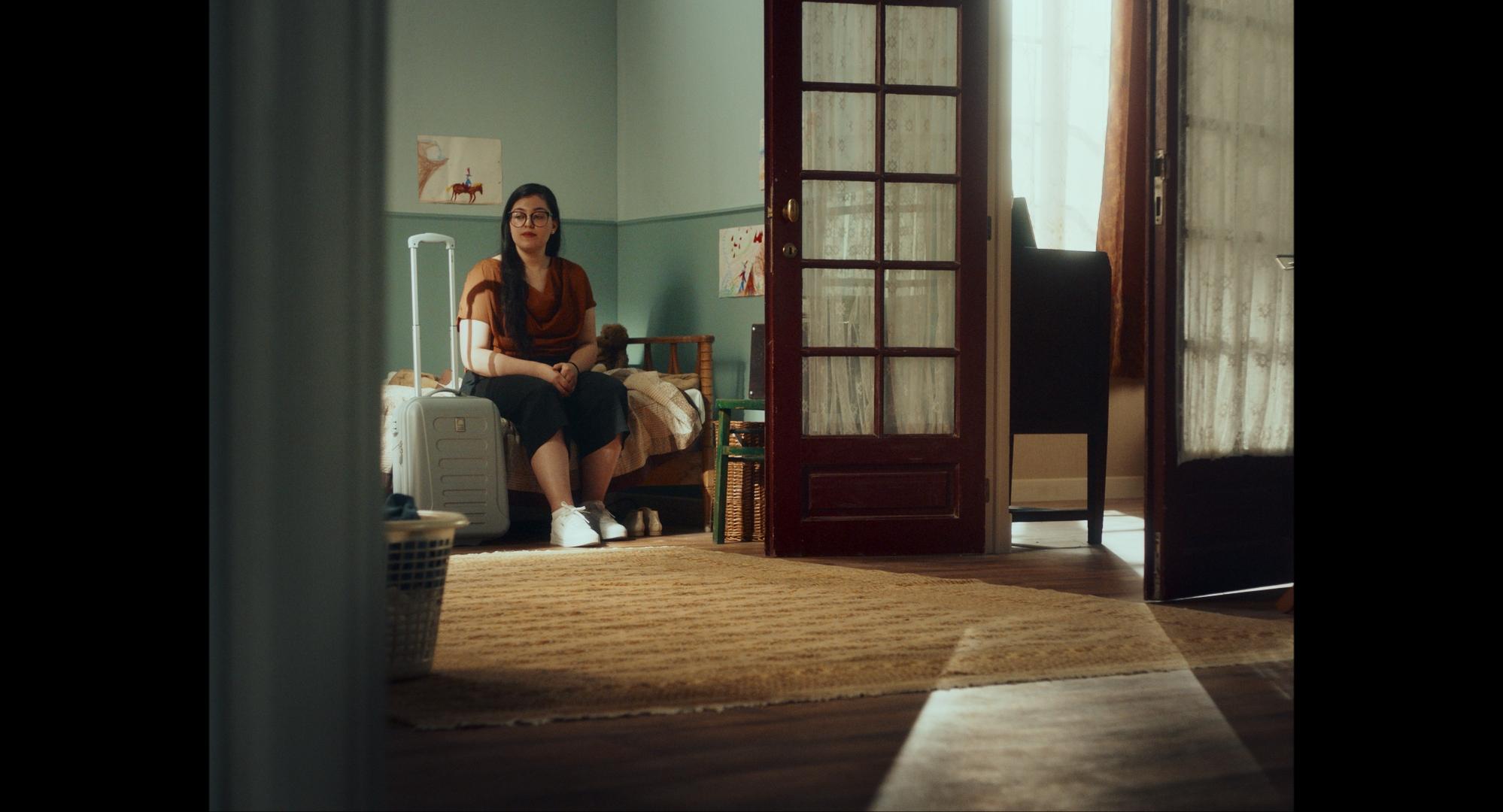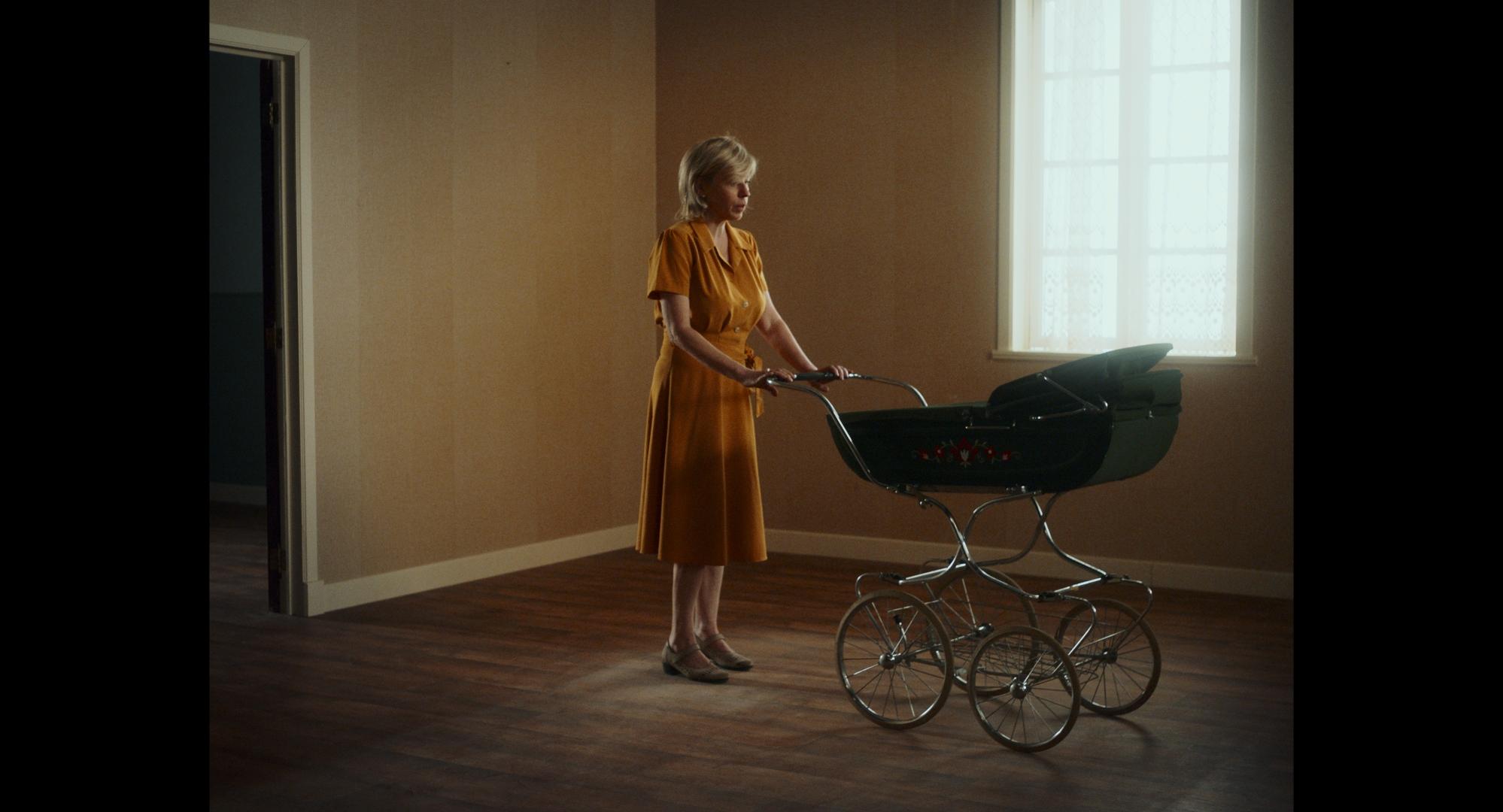Eighty years after the tragic summer of 1942, when the Antwerp police assisted in the arrest of thousands of Jews, students from a super-diverse school are uncovering the poignant history of their city. Through their exploration, they connect with descendants of both the victims and those complicit in the atrocities. What does this dark chapter mean to them today?
Synopsis
In the summer of 1942, Antwerp authorities collaborated with the German occupiers to round up and deport more than 10,000 Jews. Only 500 of them would return after the war. This black page in Antwerp’s history has long been hushed up, but now a group of sixth-formers from a super-diverse school is bringing this painful past to the fore. They meet relatives of both the Jewish victims and the police officers involved. For these young people, the past may not be their history, but it is a history that affects them. As in The Interview (about Afghan refugees) and Lost in Transition (about a lost generation of Serbs), Thom Vander Beken once again interweaves past and present to shed critical light on underexposed traumas in a way that sometimes makes it hard to shirk one’s responsibility.
About the Director
Thom Vander Beken is a documentary filmmaker and VR director living between Brussels and Berlin. He holds a master’s degree in Dutch and English literature from the University of Ghent (B) and a master’s in directing from Luca School of Arts, Brussels (B). He made several mid-length films that were selected for several international festivals. In 2017, his first feature documentary ‘I Know You Are There’, premiered in competition at Visions du Réel in Nyon, Switzerland. The film was screened at several other international festivals and was broadcast in Belgium. The Last Jewish Summer is his second feature documentary.
Artistic Statement
‘The Last Jewish Summer’ is a film about silence; the silence on the side of those who survived the Holocaust. It is also a film about the silence that is still there today. During the summer of 1942, many in the city of Antwerp were involved in the Jewish tragedy that unfolded, either by actively collaborating with the Germans or by remaining silent and looking the other way. Even 80 years after the war ended, many still have difficulties acknowledging our collective responsibility for those events.
Even though most survivors are gone, their children and grandchildren still struggle with the traumas from the past. Trans-generational trauma is real. However, those traumas are not just something that happens to descendants of Holocaust survivors. It can be applied to all survivors and descendants of conflicts and war. What we learned from the Holocaust might help us to deal better with their psychological damage too.
No other topic has been covered more than World War II. However, studies show that our knowledge about what happened during the 30s and 40s in Europe is declining, especially amongst the younger generations. That was my motivation behind working together with high school pupils. I collaborated with a school that played an important role in the story of 1942, the Royal Atheneum in Antwerp. Together with the history teachers, we started an intense trajectory
with the sixth-graders of this school over 3 years. The goal was to prepare some of them to participate in the film. Five pupils eventually did: Negina, Shehinaz, Amelia, Julie, and Zita.
The five pupils meet relatives of Jewish families who were rounded up and deported in 1942. Originally, Yael Reicher’s family is from Poland but they found a haven in Antwerp. The family worked in the diamond industry and prospered. Yael’s father was a pupil of the Royal Atheneum. Melvyn Fishel’s uncle was one of the twenty Jewish boys who was sent away from the Royal Athneum in January 1942. He was one of the few to survive the war. Herman Jeger was only 9 years old when he witnessed the arrest of his mother. She would never return.
Peggy Poppe was 16 years old when she discovered her family was Jewish. Her grandmother had been arrested and sent to Auschwitz. The news changed her life.
The pupils also meet relatives of Antwerp collaborators who participated in locating and arresting Jews. Ben Michiels’ grandfather was a police officer in 1942 and he participated in the
raids. Ben thinks his grandfather had no other choice but to participate. Francis’ grandfathers were both collaborators. One grandfather worked for the German Sicherheitsdienst, and the
other was a camp guard in Poland. At the end of the war, he participated in the killing of more than 3000 Jewish women on the coast of Palmnicken. Hendrik Wiethase grew up thinking his
father was a soldier in the battle for Stalingrad. Only recently did he discover that his father was a Jew hunter in Antwerp.
Especially for the film we built a set. The set refers to a house in the 1940s and helps to visualize the stories being told. It is also the place where the protagonists of the film – just like their (grand)parents – meet.
Festivals, Screenings, & Awards
FIlm Fest Gent (2024) – World Premiere
Year
2024
Film Type
Documentary
Film Length
1 hour 47 minutes
Language
Dutch
Production Country
Belgium
Production Company
ALTITUDE100 Production, VRT, and Umedia (in coproduction with), uFund (in association with)
Director
Thom Van Der Beken
Producer
Marc Goyens (producer), Guillaume Malandrin, Simon Vrebos, Bastein Sirodot, Cedric Iland, Laurent Jacobs (co-producers)
Editing
Arnaud Bellemans
Music
Jago Moons
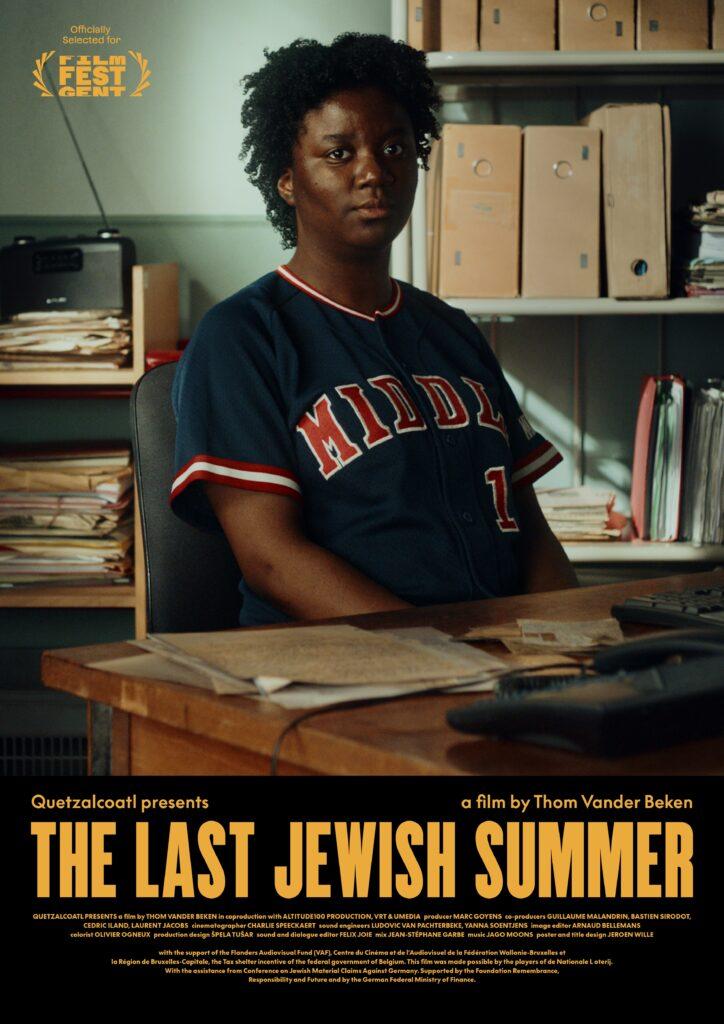
Funding
With Assistance from Conference on Jewish Material Claims Against Germany
Supported by the Foundation Remembrance, Responsibility and Future and by the German Federal Ministry of Finance
Additional funding provided by the Flanders Audiovisual Fund (VAF), Centre du Cinéma et de l’Audiovisuel de la Fédération Wallonie-Bruxelles et la Région de Bruxelles-Capitale, the Tax Shelter Incentive of the Federal Government of Belgium
Trailer
Stills

